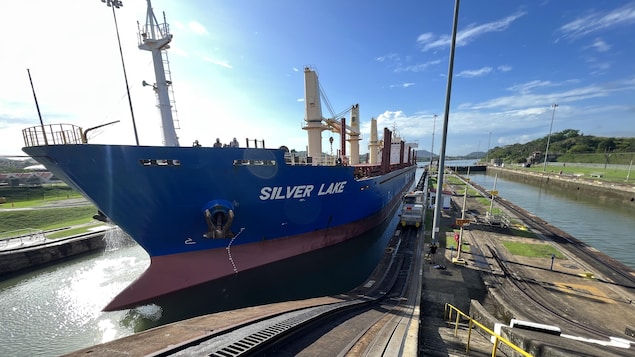
It is a masterpiece of over a century of engineering, a country’s calling card. The Panama Canal consists of 82 kilometers of canals and locks to connect the Pacific Ocean with the Atlantic Ocean.
An ocean link critical to global trade, but dependent on fresh water as a precious resource in a warming world.
These days, Panama is experiencing its worst drought in 75 years. Officials said it was overflowing Environmental emergency
. Channel is also difficult.
It’s all a wake-up call
, supports the Deputy Administrator of the Panama Canal. Ilia Espino de Marota evokes a situation Important
Pushing her to check the weather reports every morning.
I see no clouds on the horizon. Worrying. Our water supply is running low, but we don’t see any rain coming
she says.
Without Rain, the channel’s entire business model is at risk.
A feeling At the end of the world
Each of the 30 ships that pass through the locks each day require 200 million liters of water. A large amount of water is stored in two large tanks.
Suffice it to say that the smooth flow and profitability of the canal depended on fresh water reserves accumulated in two large artificial lakes.
Regulars will tell you: Lake Alajuela is low on water these days. It is one of the two artificial reservoirs that feed the canal along with Kadun Lake.
The water level has dropped significantly
Angela, who came to bathe when the mercury crossed 30 degrees Celsius, confirms. Earlier, the water went to the blue area
there.
She displays a metal structure on stilts. A small drinking water pumping station for area residents. Legs are at least five meters long.
We are witnessing climate change before our eyes
she says.
Of course, it is normal for the lake level to drop during the dry season. But, the extent of drought this year has been appalling.
It is found everywhere in the country: the land is dry, animals die from heat, from lack of water. It reminds me of the end of the world
A slight smile on her face.
Another example of this phenomenon is in the village of Nuevo Vigea. There, banks have retreated a few hundred meters in recent months. Herbs have replaced algae.
To go fishing, you now have to walk for long minutes along the bottom of the lake. Corn and cucumbers were planted next to beach boats.
Very uncertain harvests, David explains. The worms have already attacked the shoots, and the heat will not help. If it rains
The harvest will be good.
A farmer has no more illusions. The land is still dry and the rainy season is delayed. Conditions will be accentuated in the coming months by an El Nino event.
The next few months will be tough for David and his family, who rely on the harvest for part of the year. What are we going to eat if nothing grows?
he asks.
Decorated pipes
Look at the pipe. No water. No water
, echoes Elvia, a mother living in the suburbs of Panama. She jokes: Pipes have become decorative!
In recent months large blue and white plastic containers have been added to their interior courtyard decor. Vials connected by large white plastic tubes.
Hundreds of liters delivered twice a month by tank trucks are stored in these containers. In the neighborhood, every drop counts. Have to wait till next delivery.
I control the water at home
Reveals Elvia. Here, you cannot wash in a big tub. You should wash in a small tub.
Same goes for washing dishes.
A situation that results from the sprawl of suburbs and the fact that half of the country’s population comes from the same reservoirs that supply the canal.
We are not a priority
, she says bitterly. More recent settlements are still connected to the waterway network. And lakhs of liters are used daily in this canal.
Many people here come from rural areas hoping to improve their standard of living. But this type of water system [les livraisons par camion]It is worse than rural areas
She argues.
A A delicate balance
Day by day, the canal administrators have to consider the needs of the people. It is written in the law. A task complicated by the already observed climatic anomalies.
2016 was a very dry year, recalls Ilia Espino de Marota. The year 2019 was very dry. 2023 is also the year. Dry years return more often than before.
Acceleration predicts a new climate reality in Panama. A country that needs to rethink its relationship with clean water.
This is A delicate balance
Assistant Administrator of the Panama Canal explains. Ensure that residents have access to drinking water at all times.
The risk, of course, affects the viability of the canal as a waterway. Already, regulators have had to impose restrictions on container ships with a maximum tonnage.
At present the threshold is slightly higher than those responsible for the structure think disciplined
That means it’s profitable for shipping companies.
We can reduce [le tonnage] Up to a certain point. Then, we are no longer considered a reliable path. New water sources are needed.
To secure this balance between commercial needs and the needs of the population, various scenarios are being explored, including building another new reservoir.
Depending on the options chosen, the bill could exceed 2.5 billion Canadian dollars. Money will not be a problem
, she says. After all, the channel is very profitable.
Ilia Espino de Marota believes getting elected officials and residents to act quickly will be more complicated. Until the crisis really awakens the spirits.

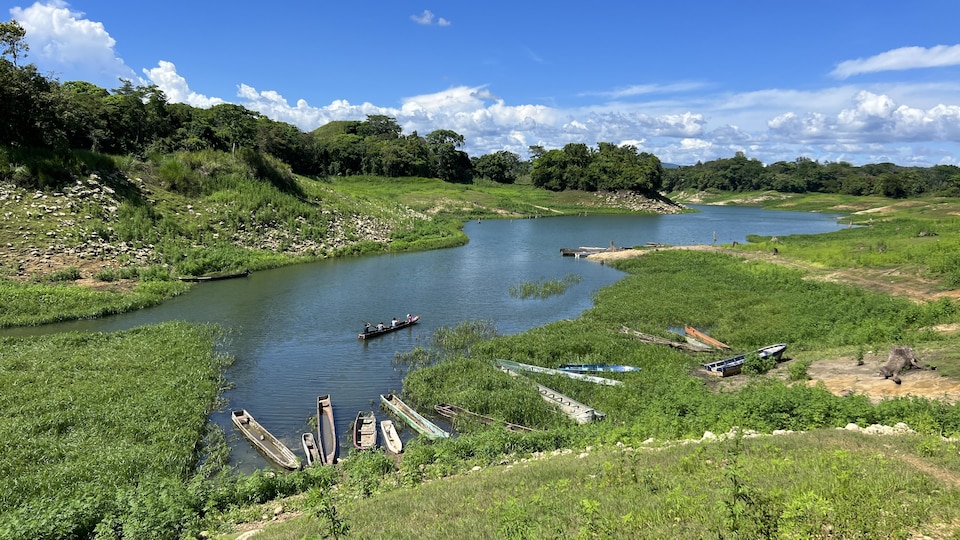
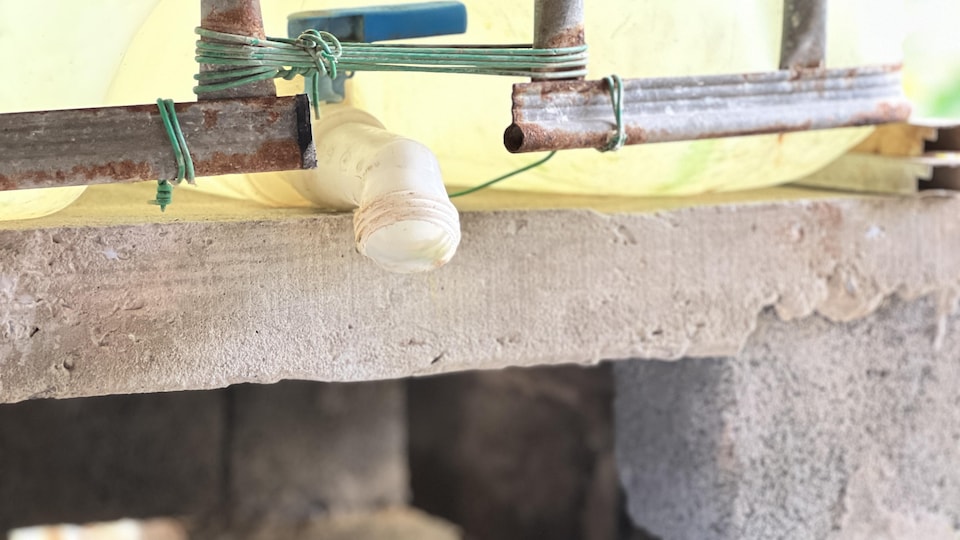
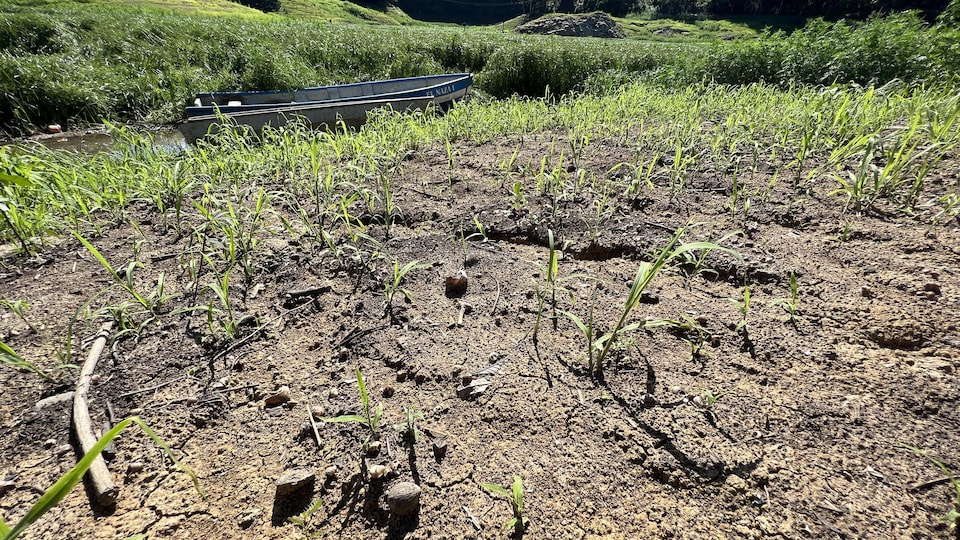
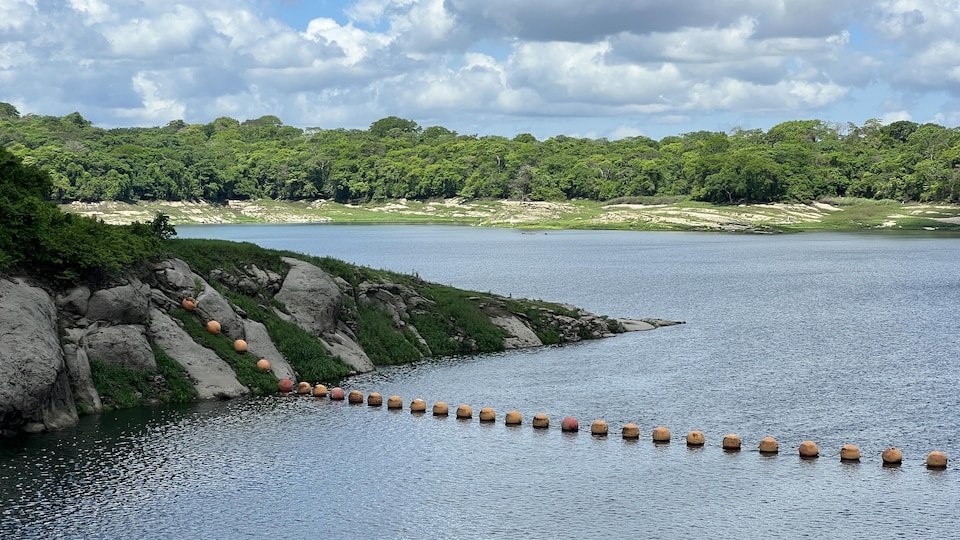



More Stories
More than 200 former Republican aides back Kamala Harris | US Election 2024
An investigation into the ill-treatment of the Lev Tahor sect in Guatemala
Brossard is suspected by the US of supporting Russia’s war effort